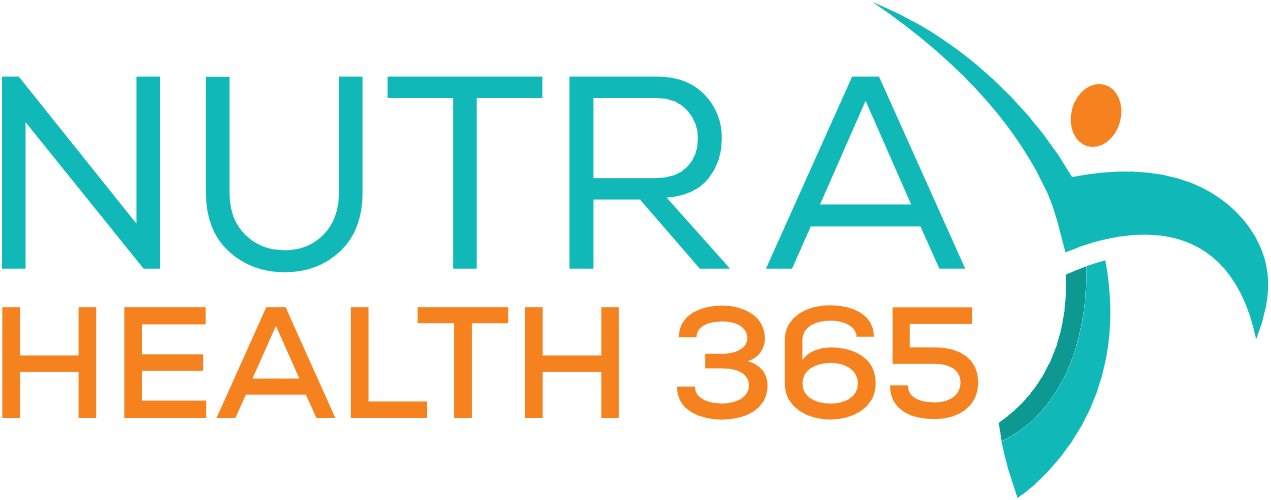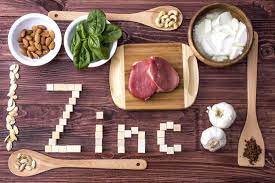Zinc is an essential mineral that plays a critical role in maintaining a healthy immune system. It is required for the normal development and function of immune cells, and a deficiency in zinc can lead to an increased risk of infection and illness. In this article, we will explore the importance of zinc in immunity, the best sources of zinc, and the benefits of zinc supplements.
What is the Role of Zinc in Immunity?
Zinc is involved in many aspects of immune function, including the development and differentiation of immune cells, the production of antibodies, and the regulation of inflammation. Here are some of the key ways in which zinc supports immune function:
- Development of Immune Cells: Zinc is required for the development and function of many immune cells, including neutrophils, natural killer cells, and T-cells. Neutrophils are the most abundant type of white blood cell and are essential for fighting bacterial infections. Natural killer cells are responsible for destroying virus-infected cells and tumor cells. T-cells are essential for recognizing and responding to foreign invaders, such as viruses and bacteria.
- Antibody Production: Zinc is necessary for the production of antibodies, which are proteins that identify and neutralize foreign invaders. Antibodies are essential for protecting the body against viral and bacterial infections.
- Regulation of Inflammation: Zinc plays a critical role in regulating inflammation, which is the body’s response to infection and injury. Inflammation can be helpful in fighting infections, but if it is not properly regulated, it can lead to tissue damage and chronic inflammation. Zinc helps to balance the immune response and prevent excessive inflammation.
How Can You Get Enough Zinc?
The recommended daily intake of zinc for adults is 8-11mg, depending on gender and age. There are many food sources of zinc, including:
- Oysters: Oysters are one of the best sources of zinc, with 6 medium-sized oysters containing about 32mg of zinc.
- Meat and Poultry: Beef, pork, and chicken are good sources of zinc, with 3 ounces of beef containing about 5-6mg of zinc.
- Legumes: Legumes, such as chickpeas, lentils, and beans, are good sources of zinc, with 1 cup of cooked lentils containing about 2.5mg of zinc.
- Nuts and Seeds: Nuts and seeds, such as cashews, almonds, and pumpkin seeds, are good sources of zinc, with 1 ounce of cashews containing about 1.6mg of zinc.
- Whole Grains: Whole grains, such as quinoa, wheat germ, and oatmeal, are good sources of zinc, with 1 cup of cooked quinoa containing about 2mg of zinc.
If you are not getting enough zinc from your diet, you may want to consider taking a zinc supplement. Zinc supplements are available in many forms, including tablets, capsules, and lozenges. It is important to choose a high-quality supplement that is easily absorbed by the body.
What are the Benefits of Zinc Supplements?
Zinc supplements have been shown to have many health benefits, including:
- Boosting Immune Function: Zinc supplements can help to boost immune function, which can reduce the risk of infection and illness. In a study published in the Journal of the American College of Nutrition, participants who took a daily zinc supplement had fewer infections and a shorter duration of illness compared to those who did not take a supplement.
- Improving Wound Healing: Zinc is important for wound healing, as it is required for the production of new cells and the formation of connective tissue. Zinc supplements may be beneficial for individuals with slow-healing wounds or skin ulcers.
- Supporting Overall Health: Zinc is involved in many other aspects of health, including cell growth, DNA synthesis, and protein metabolism. Zinc supplements may also have a positive effect on mood and cognitive function.
It is important to note that excessive zinc intake can be harmful, and can lead to nausea, vomiting, and diarrhea. The recommended upper limit for zinc intake is 40mg per day for adults. It is also important to talk to your healthcare provider before taking any new supplements, especially if you are pregnant or have any underlying health conditions.
- Zinc and Quercetin: A Powerful Immune-Boosting Combination
In addition to zinc, another nutrient that has been shown to support immune function is quercetin, a flavonoid found in many fruits and vegetables. Quercetin has antioxidant and anti-inflammatory properties, and has been shown to improve immune function and reduce the risk of infection.
When combined with zinc, quercetin may have a synergistic effect on immune function. In a study published in the Journal of Inorganic Biochemistry, a combination of zinc and quercetin was shown to have a more potent immune-boosting effect than either nutrient alone.
There are many supplements available that contain both zinc and quercetin, making it easy to reap the immune-boosting benefits of these two nutrients. However, as with any supplement, it is important to choose a high-quality product from a reputable manufacturer.
Supporting Overall Health: Zinc is involved in many other aspects of health, including cell growth, DNA synthesis, and protein metabolism. Zinc supplements may also have a positive effect on mood and cognitive function.
It is important to note that excessive zinc intake can be harmful, and can lead to nausea, vomiting, and diarrhea. The recommended upper limit for zinc intake is 40mg per day for adults. It is also important to talk to your healthcare provider before taking any new supplements, especially if you are pregnant or have any underlying health conditions.
Zinc and Quercetin: A Powerful Immune-Boosting Combination
In addition to zinc, another nutrient that has been shown to support immune function is quercetin, a flavonoid found in many fruits and vegetables. Quercetin has antioxidant and anti-inflammatory properties, and has been shown to improve immune function and reduce the risk of infection.
When combined with zinc, quercetin may have a synergistic effect on immune function. In a study published in the Journal of Inorganic Biochemistry, a combination of zinc and quercetin was shown to have a more potent immune-boosting effect than either nutrient alone.





